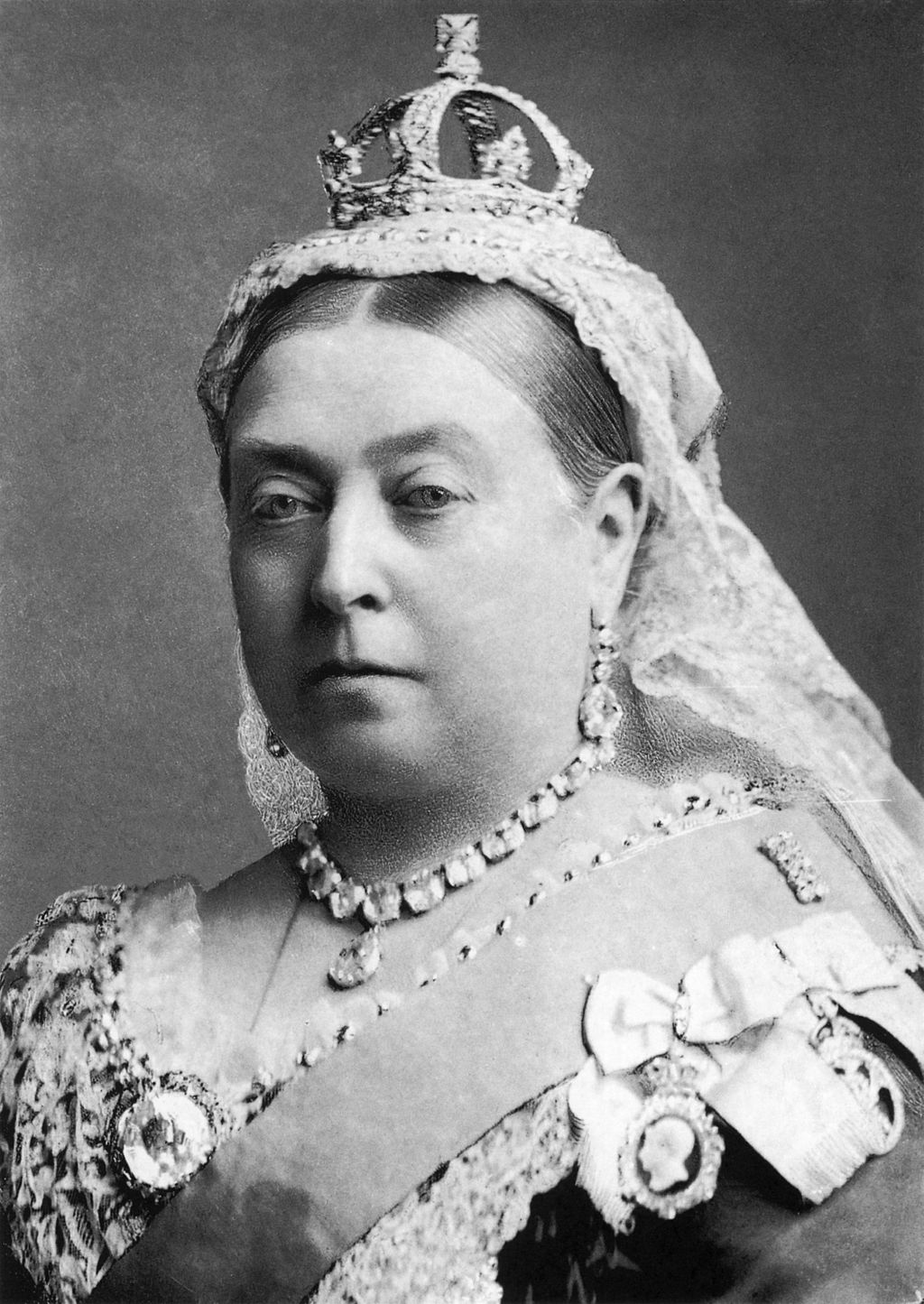In order to avoid the chaos of allowing people to create wills, deeds and trusts that applied forever, English law evolved a custom where you could only create restrictions that lasted as long as “lives in being”: only as long, in other words, as the lifetimes of people who were alive at the point you made the restrictions.
If you wanted to make your restrictions last as long as possible, then, who should you name in the document? You’d want to pick someone who was specifically identifiable and who would live as long as possible. But how could you know who that would be at the time you wrote the document? Lawyers, those clever things, came up with a cunning fudge: you’d specify the person as as the descendant of a monarch. Royal families have easy-to-trace and (mostly) uncontroversial family trees, they have lots of descendants, and – being rich – they tend to live for a fairly long time. And by specifying them via their relationship with a monarch, you wouldn’t have to know who the specific person was at the time you wrote the document.

So you might have written in your will:
…ending on the expiration of 21 years after the death of the last survivor of the lineal descendants of Queen Victoria living at the time of my death.
With that clause in place, once you died a clock would begin ticking. All of Queen Victoria’s living descendants at the point of your death would effectively be in a pool; once they were all dead, a second clock would begin, ticking off 21 years. After that, the rule would expire. If you’d died in 1930, for example, then the descendant of Queen Victoria alive at that time who lived for the longest would be Queen Elizabeth II, who died in 2022; your will would be enforceable, then, until 2043 – 21 years after her death and 113 years after your own.
Such clauses are, ironically given its continued status as a monarchy, no longer used in Britain. But they remain in use in the US, and were in the news recently because Disney invoked one in a legal battle with Ron DeSantis, the Governor of Florida, over who controls Disney World. And so, strangely enough, the question of King Charles III’s grandchildren’s lifespan will determine a property dispute thousands of miles away between a mega-corporation and a US state.